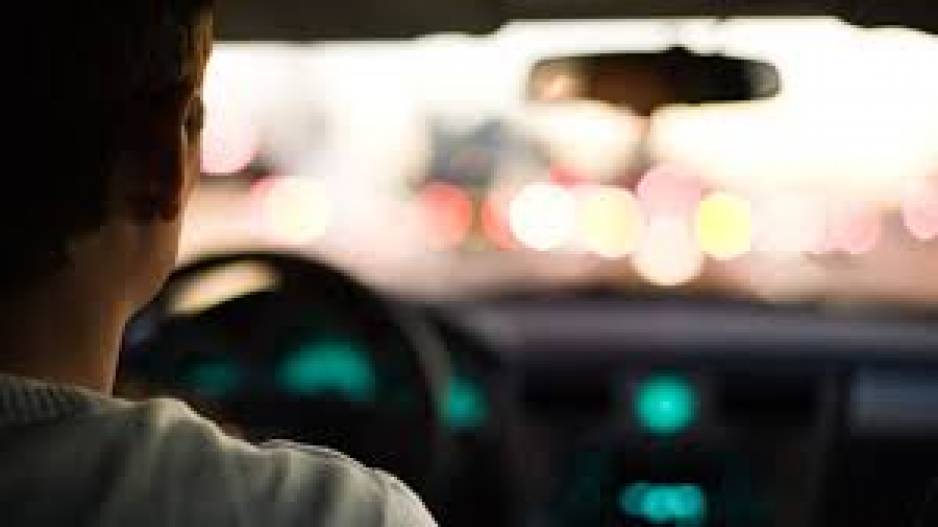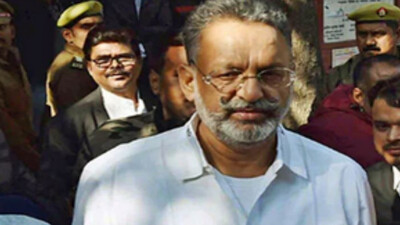Recommended Stories
Melbourne: Although driving drowsy is as dangerous as driving drunk, most young people do not pay heed to the condition and drive even when they are not fully alert, a Queensland University of Technology (QUT) study has found.
The study, which examined the perceptions of sleepy driving and drunk driving of 114 young drivers (under 30) and 177 drivers over 30, found young drivers were more likely to drive sleepy than drunk and more accepting of enforcement practices for drink driving than they are for sleepy driving.
Road safety researcher Chris Watling said driving sleepy and driving drunk were two risky behaviours linked to a comparable increase in crash risk, yet drivers perceived the dangers of each as vastly different.
"Research shows a blood alcohol content (BAC) of 0.05 percent has the same effect as being awake for 17 hours, and a BAC of 0.1 percent is roughly 20 hours, but drivers don't consider the impairment to be the same," Watling said.
"What this shows is that drivers, in particular young drivers, don't view equally the dangers of drunk driving and sleepy driving despite the crash risks being similar," he said.
Watling said sleepiness had been shown to significantly impair a person's cognitive and psychomotor abilities, which impact safety-critical tasks such as driving, attention, working memory and coordination.
He said younger drivers were also more likely to be impaired by sleepiness because of the natural developmental maturing of the body's sleep-wake systems in early adulthood.
The study was scheduled to be presented at the ongoing Australasian Road Safety Conference on the Gold Coast.













